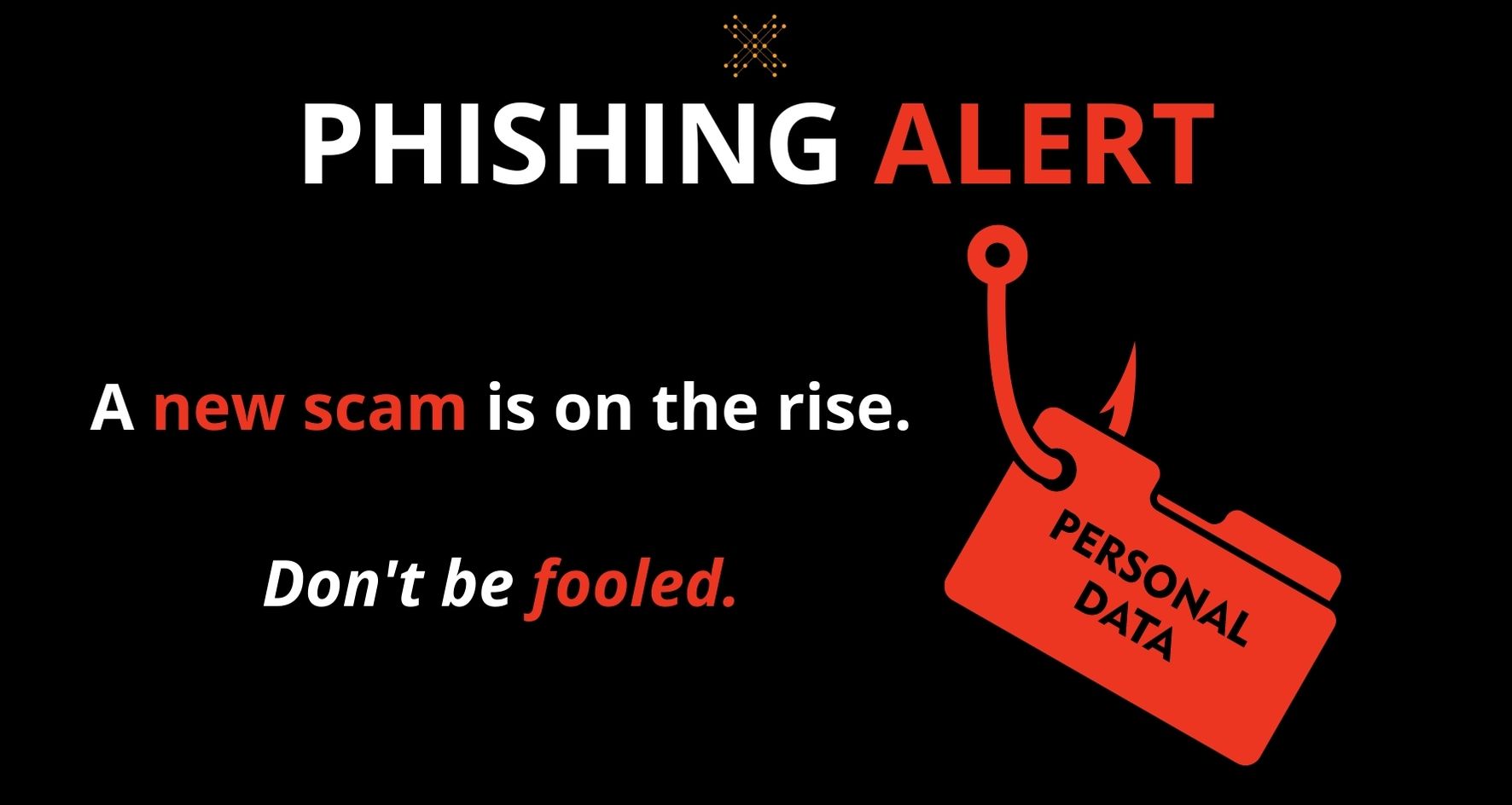
Scam alert!
Recently, some of our clients have been receiving suspicious emails accusing them of copyright infringement.
These emails usually come from someone named “Melanie” (or “Mel,” “Meilanie,” or something similar) and ask you to click a link.
Don’t be fooled. These are malicious emails trying to scam you into clicking the link and giving away your personal information. Do not click the link.
An example of the phishing scam
Most of these phishing email follow a similar structure, threatening you with legal action and asking you to follow an external link. Here's an example one of our clients recieved:
SUBJECT: Hi there!
This is Melainie and I am a qualified illustrator.
I was surprised, frankly speaking, when I came across my images at your web-site. If you use a copyrighted image without an owner's approval, you'd better know that you could be sued by the copyright owner.
It's unlawful to use stolen images and it's so mean!
Here is this document with the links to my images you used [redacted link] and my earlier publications to get the evidence of my ownership.
Download it now and check this out for yourself:
[redacted phishing link]
If you don't get rid of the images mentioned in the document above within the next several days, I'll file a complaint against you to your hosting provider stating that my copyrights have been severely infringed and I am trying to protect my intellectual property.
And if it is not enough, trust me I am going to take it to court! And I will not bother myself to let you know of it in advance.
Common trends in this phishing scam:
- · The sender calls themselves “Mel,” “Melainie,” “Melanie,” or something similar.
- · They claim to be a “qualified illustrator” or “licensed photographer.”
- · The sender uses your web contact form to email you.
- · The sender accuses you of stealing their content and uploading it to your site.
Copyright infringement certainly sounds scary. But know you have nothing to fear. LinkNow websites exclusively use authorized images which we’ve paid for. None uses stolen content or content that infringes on an artist’s copyright. If you have a website with us and someone is accusing you of copyright infringement, don't fall for it. They're trying to cheat you.
How to spot a phishing scam:
- · Poor spelling or awkward grammar. Look out for emails with awkward phrasings (“my images at your web-site”) and poor spelling or grammar. Those are common red flags.
- · Unprofessional tone. Usually, phishing emails will sound suspicious because they have such an unprofessional tone. They may try to intimidate you with scary threats like taking you to court, but don’t believe them.
- · Asks you to click a link. Beware of any unsolicited email that asks you to click a link. It may be an attempt to download malicious software onto your computer. Don’t click it unless you know for a fact it’s safe.
What to do if you receive a phishing scam claiming copyright infringement
- Do not click the link. It will likely download malware that can compromise your personal data.
- Do not respond. The email is a scam. You have no reason to worry about copyright infringement.
- Let us know. We’re keeping an eye on all phishing scams our clients receive, so please report it to us so we can stay on top of any developments.
If you clicked a phishing scam link:
If you click the link, do not provide any further information. Instead, follow these steps:
- Immediately disconnect your device from the internet. If using an ethernet cable, disconnect your computer and turn off any networking capabilities. Disable your Wi-Fi is using it.
- Use an external hard drive to back up your information. Creating a backup will help you protect your files in case you’re a target of malware or ransomware.
- Scan your system for malware. Perform an antivirus scan to detect any malware, ransomware, or other threats. Both Windows and Mac operating systems have built-in antivirus software you can use.
- Change your passwords. Change your login credentials for email, online banking, social media, and any other accounts containing sensitive information.
- Scan other devices that share an internet connection.
- Place a fraud alert. Contact your bank to place a fraud alert on your account. Your bank can also inform you of any further steps you can take to protect your information
Need further guidance? LinkNow is here to help.
Have you received a phishing email recently? Let us know by email or in the comments below. We’ll answer any questions you have as soon as we can.

